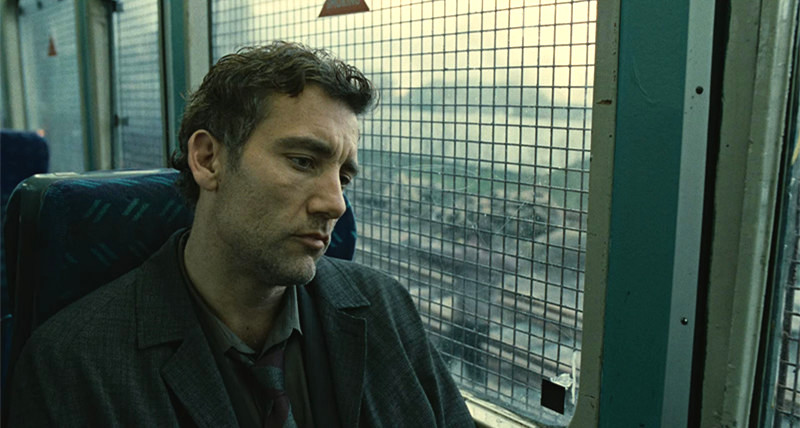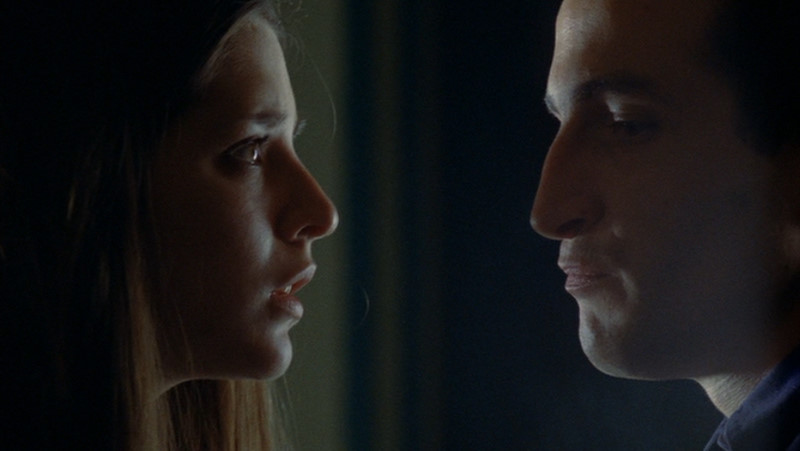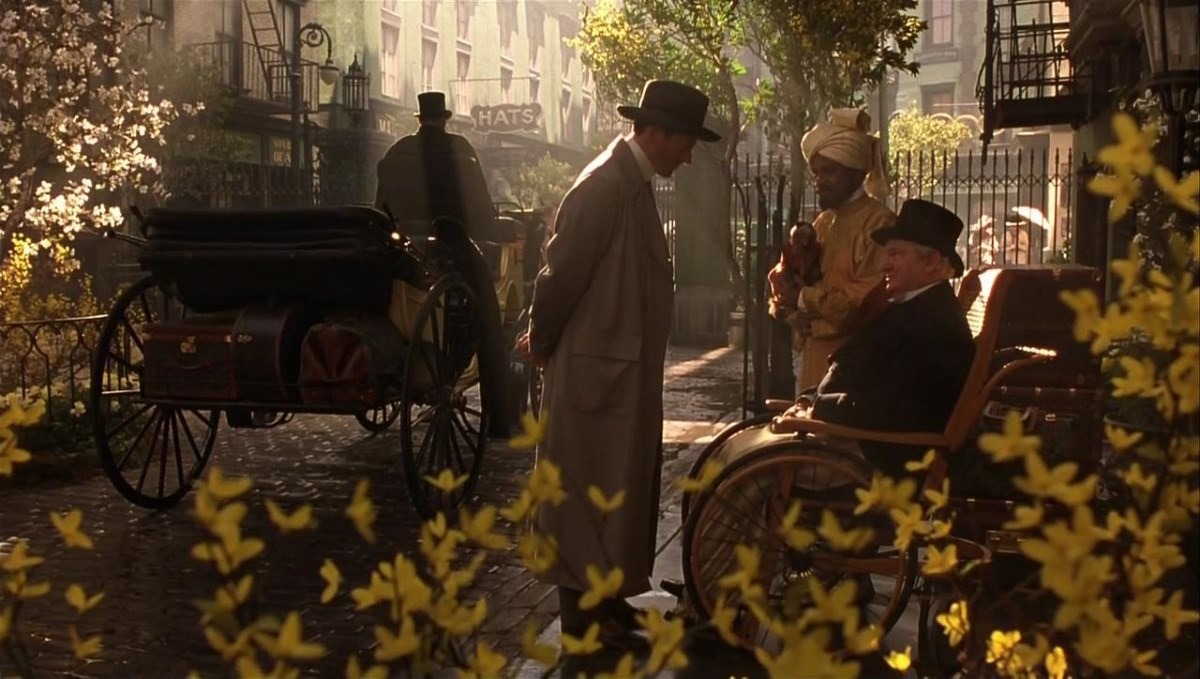
Mexican director Alfonso Cuaron has made quite a mark on American cinema. From the classic family movie A Little Princess, to the sleek darkness of Harry Potter and the Prisoner of Azkaban, to the brilliant dystopian vision of Children of Men, and, finally, to the gee-whiz technological inventiveness of Gravity, Cuaron is a master craftsman with charisma and style to spare.
With Emmanuel Lubezki as his cinematographer par excellence, Cuaron has produced a variety of gorgeous and complex films. Cuaron is arguably one of the most consistently great directors of all time because of his relatively small output. Each film has something important to offer. Even the #7 movie on this list is a well-shot, well-conceived film and better than a high percentage of movies being released each year.
Cuaron has received six Oscar nominations and won two (for directing and editing Gravity). He is a particular and transcendent talent, taking years between his projects in order to prepare for them adequately.
Even though he has participated in a big-budget Hollywood franchise, he has never taken jobs as a director-for-hire, only choosing or creating jobs that excite him creatively and allow him and his team to expand their collective capacity. His next film, Roma, is due in 2018. For now, here are his seven current films, ranked from “worst” to best.
7. Great Expectations

Cuaron’s third film, a modern Charles Dickens adaptation (one of his four literary adaptations) is by no means a bad film. Aesthetically, it is very similar to A Little Princess, with an emphasis on the color green and a developing cinematographic style. Great Expectations ranks at the bottom of Cuaron’s oeuvre because, though it is stylish and sexy, it doesn’t do anything new or different.
Obviously, the film, like any adaptation, was reliant on its source material but in Cuaron’s other three literary adaptations, he and his filmmaking team deepened what they drew from. Here, it all feels limp. No one involved seems excited about what they are doing.
Nothing in Great Expectations is horrible, per se. Ethan Hawke is fine as Finn, Gwyneth Paltrow is both inviting and dismissive as Finn’s object of affection, Estella. And though he’s given little to do, Robert Deniro has fun in his few scenes as escaped criminal Arthur Lustig. His character plays a big role in the machinations of the plot even of the actor does not. On the whole, the story lacks pop and the ending seems like a foregone conclusion.
In the end, Great Expectations is the lowest ranked of Cuaron’s films because it lacks the complexity of the majority of his movies and, while it is shot better than the vast majority of other films, it can’t match the breathtaking cinematography of the rest of his output.
6. Solo Con Tu Pareja (Retitled Love in the Time of Hysteria for American release)

Cuaron’s feature directorial debut, a dark comedy about a woman who gets revenge on a charming Lothario by falsely informing him that he has AIDS demonstrates–immediately–the skill Cuaron possesses as a filmmaker.
What seems like an unpalatable story turns into a screwball comedy (albeit still bleak) that demonstrates the assured hand Cuaron had as a director from his very first moments. Lubezki, as a first-time director of photography, showcases an already keen eye for composition and lighting as well.
The movie is a bundle of contradictions: slapsticky but not shrill, silly but serious, dark but uplifting, and coincidental but realistic. The fact that it all pulls together is a tribute to the deft director.
Part of the sparkle of the film lies in the effortlessly charming performance of its lead, Daniel Gimenez Cacho as Tomas. He manages to turn his cliched cad into a sympathetic character. Made partially as a satirical commentary on Mexico’s anti-AIDS advertising campaign (which emphasized sexual activity happening “solo con tu pareja”), the movie hits a fair amount of the formulaic beats of a rom-com but with a more caustic tone and an interesting amount of ambiguity in its conclusion.
Cuaron and his team refuse to pass obvious judgment on Tomas, never condemning his womanizing ways but rejecting a celebration of his promiscuity. Cuaron gravitates toward movies that understand the sloppiness of life but never lose sight of its beauty. Solo Con Tu Pareja established that right out of the gate.
5. A Little Princess

One of the most beloved family films of all time, A Little Princess marked the first Oscar nomination for cinematographer Lubezki and immediately transitioned Cuaron to mainstream American success. It also established Cuaron’s aesthetic fascination with the color green. (The New York Times interviewed Cuaron on the set of Great Expectations (October 27, 1996) and he said, “I have to say that green is the only color I understand. I can really frame it; I know how to work with it. I see other colors, and they feel alien. I cannot give you a rational explanation why.” )
The movie’s serious tone and refusal to condescend eventually helped earn Cuaron the right to direct the third film in the Harry Potter franchise. (Since Harry Potter came after Y Tu Mama Tambien in Cuaron’s chronology, many fans were initially confused and–in some cases–angry because they did not understand why Cuaron was hired. It stemmed back to his command of A Little Princess.)
The acting in the film testifies to Cuaron’s gift of coaxing great performances from his actors. Liesel Matthews, who only appeared in three movies ever, gives an understated, delightful performance as Sara Crewe, the titular princess. Eleanor Bron, who has a long and varied career, gives one of her better performances as the selfish and villainous Miss Minchin. Bron manages to elicit hatred from viewers without taking the character too far into caricature territory.
The cinematography of A Little Princess, while elegant, exhibits Cuaron and Lubezki’s early ambition even though they are slightly less successful. The score, by Patrick Doyle, is gorgeously sentimental, managing to embrace bombast without sacrificing earnestness.
The overarching messages of the movie, about the love of family and the empowerment of girls, are also appropriately blunt but efficiently powerful. In the hands of a less gifted or less subtle filmmaker, they may have been pumped up to annoying levels; with Cuaron, though, their beauty is only amplified.